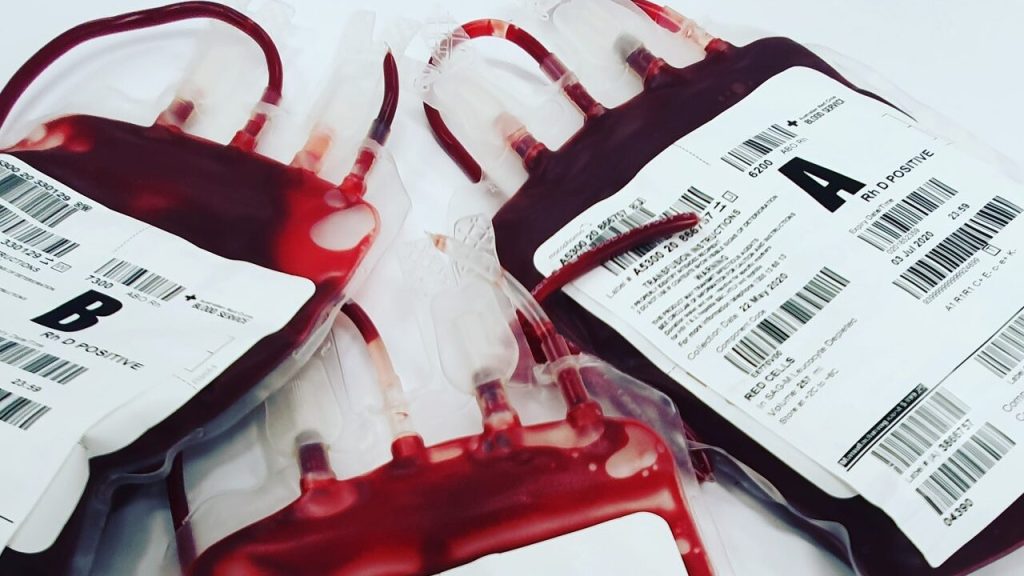
A study published in the Journal of Pediatric Hematology/Oncology found that blood transfusion is associated with adverse outcomes, including infection and higher rates of tumour recurrence — in paediatric solid tumour oncology patients following surgical removal of the tumour.
“Blood transfusion is obviously hugely important when used in the appropriate clinical scenario, but there are some downsides,” said study author Shannon Acker, MD, an assistant professor of paediatric surgery in the University of Colorado School of Medicine. “It’s pro-inflammatory and suppresses the immune system because your body reacts to foreign tissue. It can be a vital intervention, but I think we’re starting to be a little more thoughtful about giving patients blood products.”
Understanding paediatric blood transfusion
Dr Acker and colleagues pursued this research, in part, because while the effects of packed red blood cell (PRBC) transfusion in adult populations have been widely studied, data are sparser for paediatric patients.
“It’s fairly well-documented that in adult patients, perioperative blood transfusion for solid tumour resection is associated with certain adverse outcomes,” Dr Acker explained. “But paediatric cancers are more rare, so they’re more challenging to study. We need more data to understand whether what we know to be true in adult cancers is also true in paediatric cancers.”
Using retrospective data on more than 260 paediatric patients over 11 years, the researchers included malignant solid tumours removed by surgeons across all surgical disciplines. Dr Acker acknowledges that grouping different types of cancer into one study lessens the validity of the research because different cancers have different outcomes, “but we needed a place to start so we can begin working toward more collaborative, multi-centre paediatric oncology research,” she said.
Higher rates of complications
Of the 360 paediatric patients who underwent tumour resection, 194 received a blood transfusion within 30 days of surgery.
Analysing the data, they saw that children who received a blood transfusion had higher rates of post-surgery infectious complications, a shorter disease-free interval, and higher rates of tumour recurrence. They also adjusted for receiving pre-operative chemotherapy and still found that blood transfusion was associated with higher rates of post-operative infectious complications and a shorter disease-free interval.
No relationship was seen between tumour type and rate of infectious complications or disease-free interval.
Providing the best patient care
An aim of the research and its findings is to continue supporting and facilitating conversations and practices about patient care. “Packed red blood cells carry oxygen to the body and help tissues get the oxygen that they need,” Acker says. “They’re essential. It used to be common practice that if a surgeon was taking out a tumour and the patient was losing blood, they would immediately get two units.”
She added that blood transfusion now is recognised as “not a totally benign intervention, so instead of immediately giving a patient two units, we start with one and see if that leads to an appropriate response. Our research shows that each additional unit increases risk of adverse outcomes, so we want to continue being thoughtful in using this intervention.”
Acker adds that a further goal of the research is to work with members of paediatric oncology surgical consortiums to draw data from national and international centres. “The data we have are good, but I don’t think they’re enough to convince people to change institutional protocols. If we can get more validated, multi-centre data, we can begin to look at a more granular level at timing of transfusions and types of cancers so we can continue providing the best patient care.”

